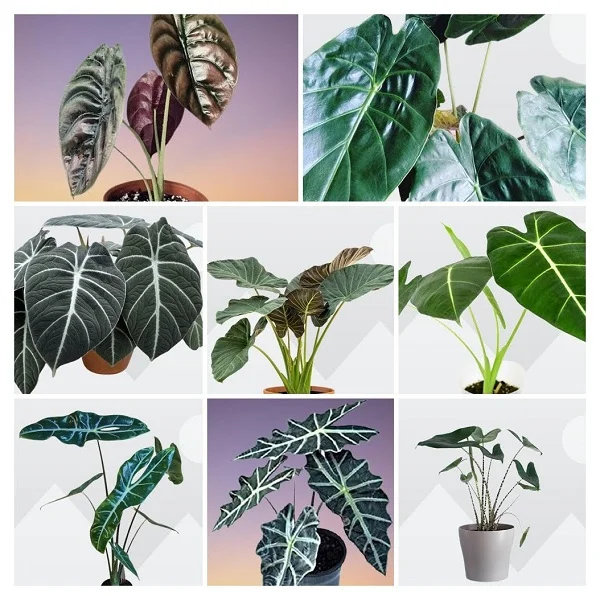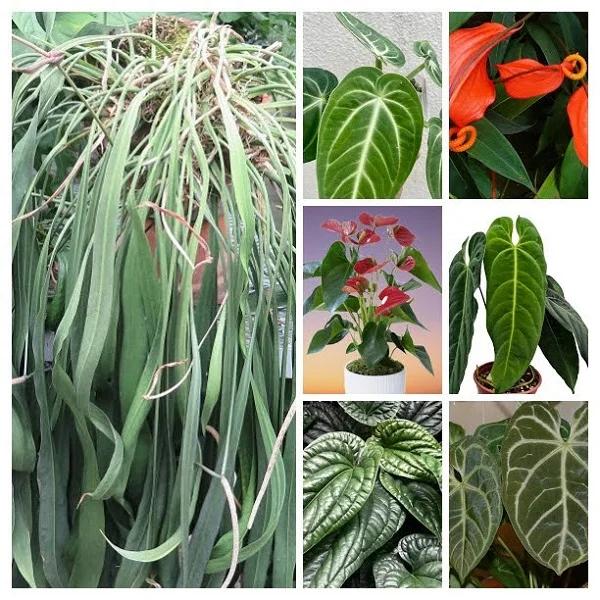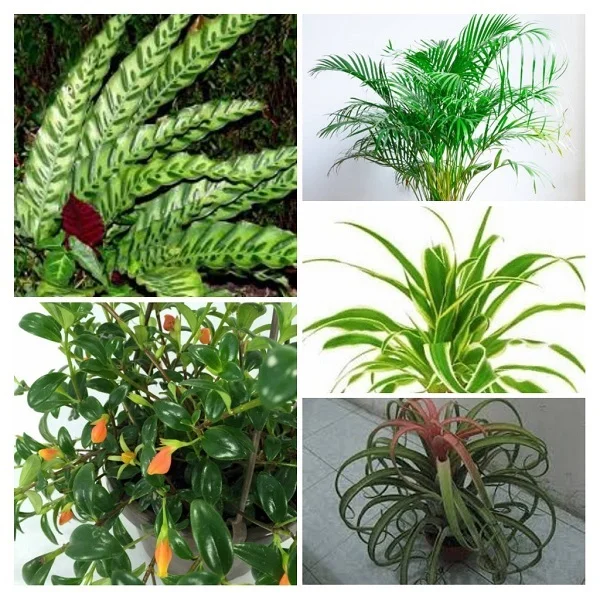Homeplantsguide - Your Expert Guide to Growing Indoor & Outdoor Plants
Some links in this post may be affiliate links
Find expert tips on growing, caring for, and propagating indoor and outdoor plants at HomePlantsGuide. Learn how to keep your plants healthy and thriving year-round!
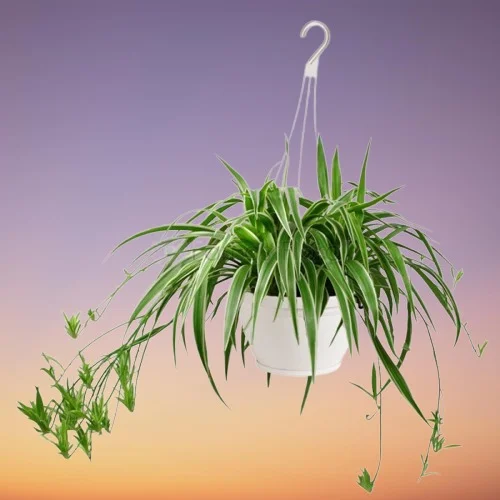
How to Propagate Spider Plants (Chlorophytum comosum) in 3 Easy Ways
Chlorophytum comosum are best propagated from plantlets or from splits by plant division. The plantlets can be rooted either in water or in soil. Learn how to easily propagate the spectacular Spider Plants.
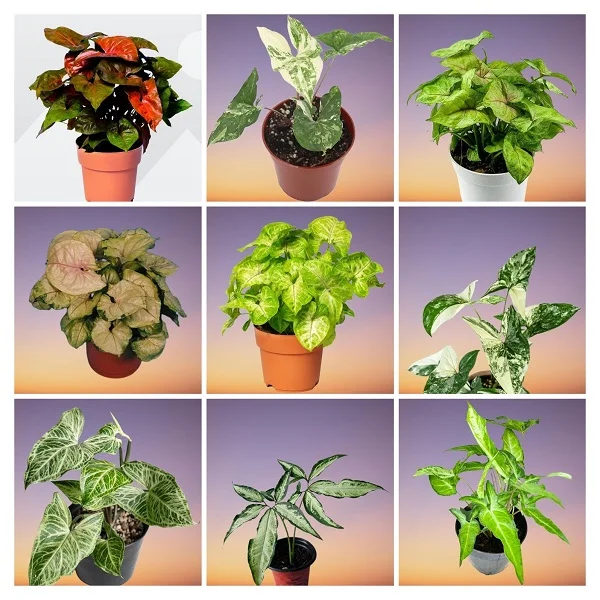
33 Syngonium (Arrowhead Plants) Varieties with Names & Pictures
Syngonium (Arrowhead Plant) has many variegated cultivars with the main difference being in the position and extent of the colored markings. Some leaves are almost entirely white, pink, red or yellow. Take a look at these beautiful Syngoniums.
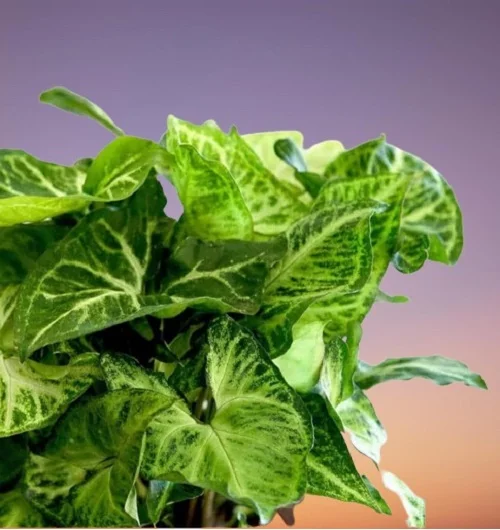
How to Propagate Syngonium (Arrowhead Plants)
Syngonium (Arrowhead Plants) are propagated by plant division or from stem cuttings. The stem cuttings can be rooted either in soil or in water. Learn how to successfully multiply Arrowhead Plants by 3 easy methods.
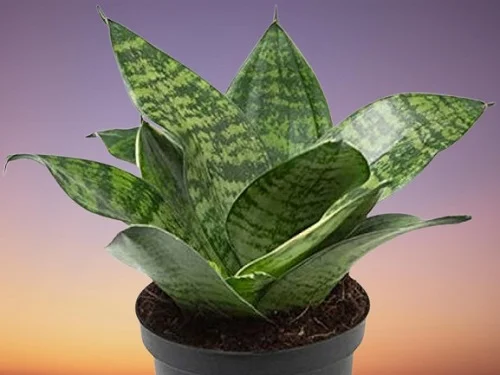
10 Amazing Benefits of Snake Plants You Will Love
Beyond being nearly indestructible, Snake Plants offer a host of benefits; both practical and wellness-related making them an essential green companion. Learn why this low-maintenance plant is a must-have.
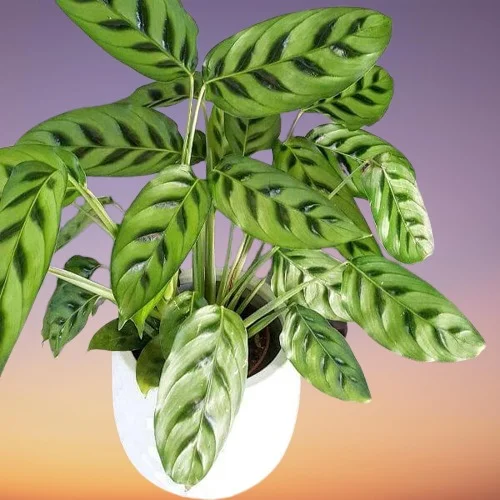
How to Propagate Calathea Plants by 2 Easy Methods
Calathea Plants are best propagated by plant division at the beginning of the growing season in spring to early summer. Unfortunately, Calathea will not propagate from leaf or stem cuttings. Learn how to successfully multiply your Calathea Plants.
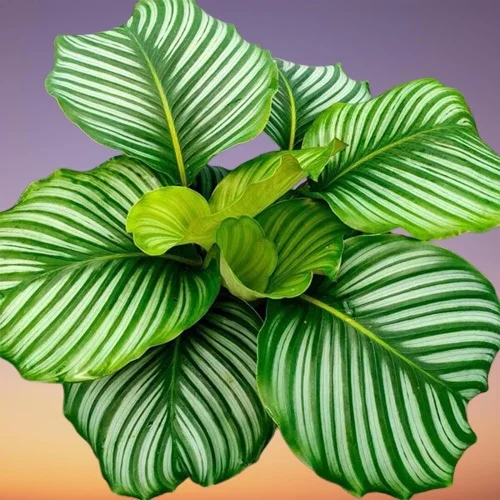
10 Causes of Calathea Drooping Leaves and How to Revive It
Calathea leaves may droop due to incorrect watering, temperature stress, nutrients deficiency, direct sunshine, dry air, low quality soil, salts buildup, diseases, pests among others. Learn more on why your Calathea is drooping.
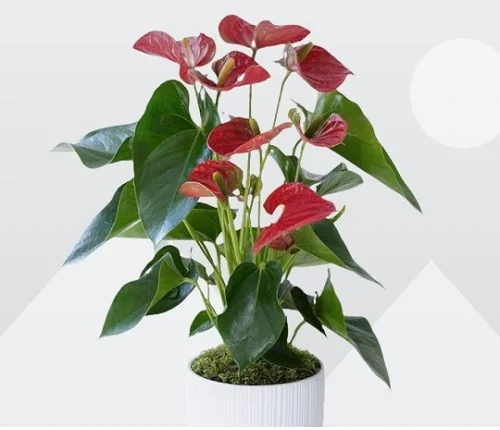
8 Common Anthurium Problems and How to Fix Them
Anthuriums are easy to grow but like all plants they can experience various issues. In this guide, we will cover the most common Anthurium problems and provide practical solutions to restore its health.
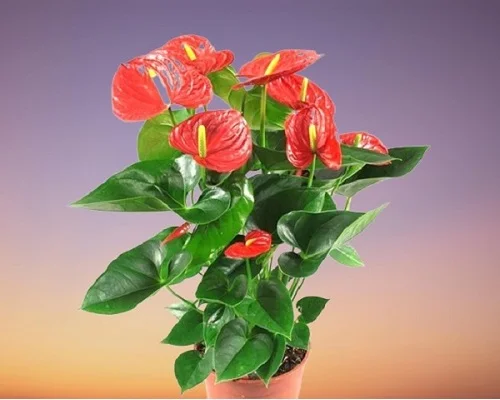
How to Propagate Anthurium Plants by 5 Easy Methods
Anthuriums are propagated during the growing season by plant division, from stem cuttings and by germination of seeds. In this guide, we discuss these methods and how you can easily propagate new plants.
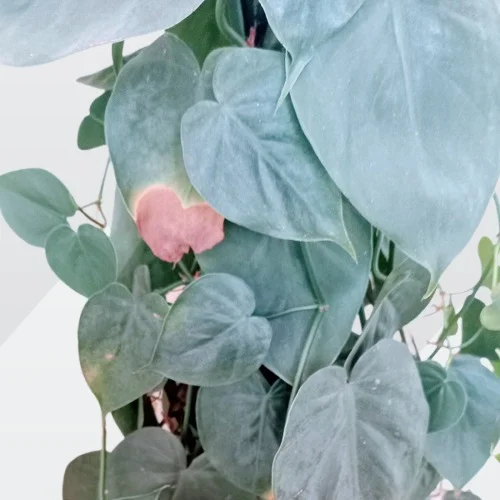
11 Causes of Brown Leaves on Houseplants, Solutions & Prevention
Brown leaves are caused by cultural faults like underwatering, overwatering, exposure to direct sunlight, low humidity, nutrient deficiency, diseases and pests among others. Learn how to fix them, and how to prevent the problem in the future.
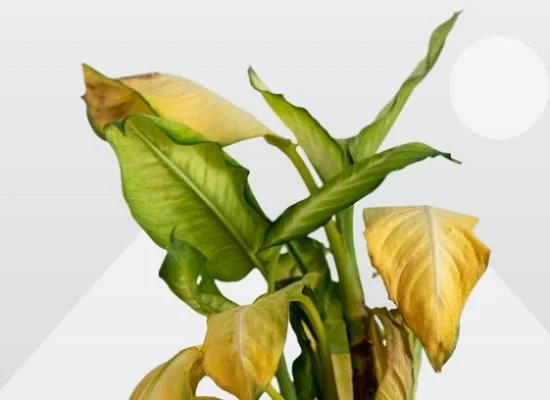
15 Causes of Yellow Leaves in Indoor Plants and Their Fixes
Yellowing leaves in indoor plants can be a sign of various underlying issues which include overwatering, wrong temperature, low humidity, nutrient deficiency, diseases and pests among others. Learn how to fix them to keep your plants healthy and thriving.
Related Content
Amazon Associates Disclosure
Homeplantsguide.com is a participant in the Amazon Services LLC Associates Program, an affiliate advertising program designed to provide a means for sites to earn advertising fees by advertising and linking to amazon.com.
